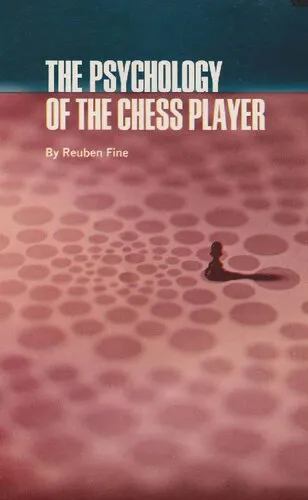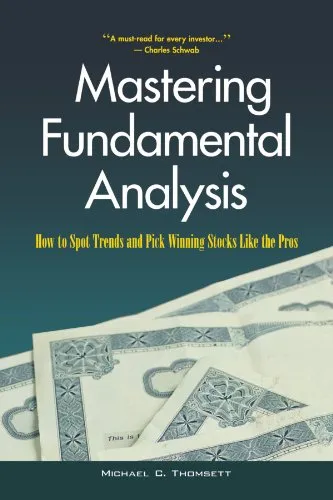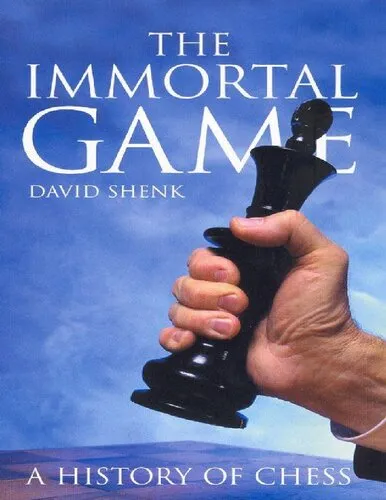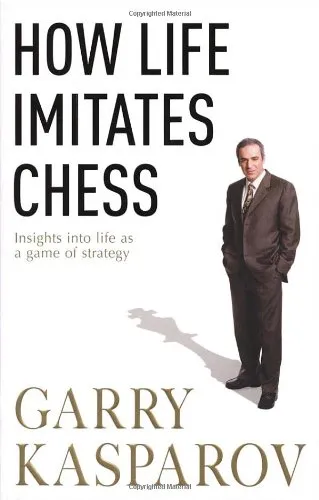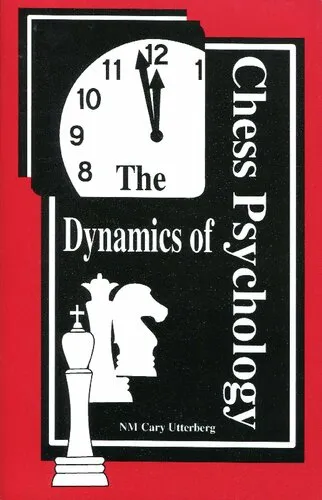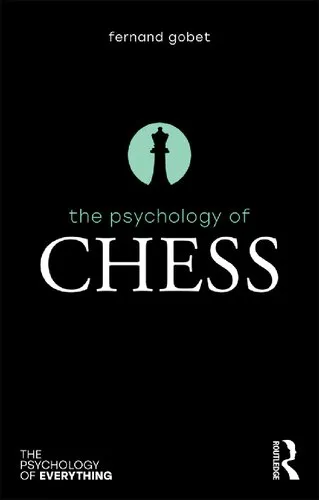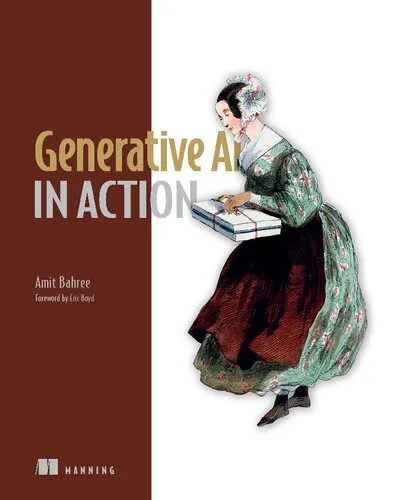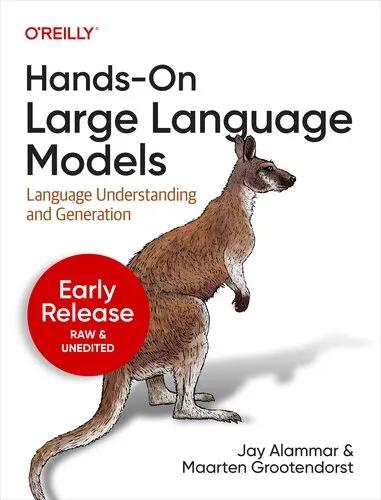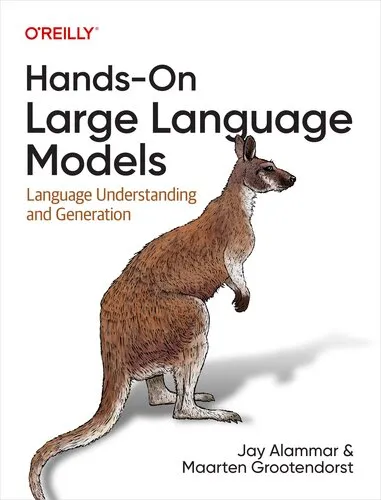The psychology of the chess player
4.0
Reviews from our users

You Can Ask your questions from this book's AI after Login
Each download or ask from book AI costs 2 points. To earn more free points, please visit the Points Guide Page and complete some valuable actions.Related Refrences:
The realm of chess is not merely a battlefield of wooden pieces on a checkered board; it's an intense psychological arena where the mind's faculties are stretched to their limits. "The Psychology of the Chess Player" by Reuben Fine delves into this intricate mental landscape, exploring the various psychological dynamics that influence players' strategies, decisions, and outcomes.
Detailed Summary of the Book
An intriguing exploration of the mental processes involved in chess, "The Psychology of the Chess Player" examines how deeply ingrained psychological factors influence a player's performance. Reuben Fine, a chess grandmaster and a trained psychologist, provides a unique blend of expertise to unravel these complexities. The book begins with an investigation into what defines genius in chess, examining historical figures like Bobby Fischer and José Capablanca as case studies for understanding exceptional talent.
Fine takes readers through various psychological profiles of chess players, illustrating how their personalities can impact their gameplay. He delves into the nature of competition and how stress and anxiety within the game context can lead to remarkable achievements or tragic downfalls. The intricate balance between aggression and caution is explored, portraying how different personality types approach the complex decisions required by the game.
Moreover, the book includes an analysis of chess as a form of psychological warfare. Fine discusses the use of psychological ploys, intimidation tactics, and the ability to predict an opponent's moves before they happen, highlighting the cerebral aspect of domination over the chessboard.
Key Takeaways
- The intersection of psychology and chess aids in understanding strategic decision-making processes.
- A player's psychological state greatly influences their performance and distinct playing styles.
- The pressure of high-stakes matches can lead to both remarkable brilliance and significant blunders.
- Understanding oneself and opponents psychologically can serve as a competitive advantage in chess.
Famous Quotes from the Book
Reuben Fine's book is replete with insightful observations and notable quotes. Here are a few that capture the essence of the work:
"Chess is, above all, a struggle of the mind."
"In chess, as in life, one's greatest battles are fought internally."
Why This Book Matters
The significance of "The Psychology of the Chess Player" lies in its pioneering approach to understanding chess through the lens of psychological analysis. Before Fine's work, discussions about chess often focused primarily on techniques and theories. By introducing a psychological perspective, Fine elevated the discourse around chess, encouraging players and enthusiasts alike to consider the mental and emotional dimensions of the game.
Fine's analysis encourages readers to appreciate the depth of chess beyond mere tactics and maneuvers. The idea that the human psyche can be the most formidable opponent on the chessboard has had lasting implications, influencing the way players prepare for competitions and handle the pressures of high-level play.
For players seeking to improve their games or for enthusiasts who desire a greater understanding of chess as a cognitive endeavor, "The Psychology of the Chess Player" is an indispensable resource. It bridges the gap between the intellectual and emotional facets of this timeless game, rendering Fine's insights as relevant today as they were at the time of its publication.
Free Direct Download
You Can Download this book after Login
Accessing books through legal platforms and public libraries not only supports the rights of authors and publishers but also contributes to the sustainability of reading culture. Before downloading, please take a moment to consider these options.
Find this book on other platforms:
WorldCat helps you find books in libraries worldwide.
See ratings, reviews, and discussions on Goodreads.
Find and buy rare or used books on AbeBooks.
1705
بازدید4.0
امتیاز0
نظر98%
رضایتReviews:
4.0
Based on 0 users review
Questions & Answers
Ask questions about this book or help others by answering
No questions yet. Be the first to ask!
